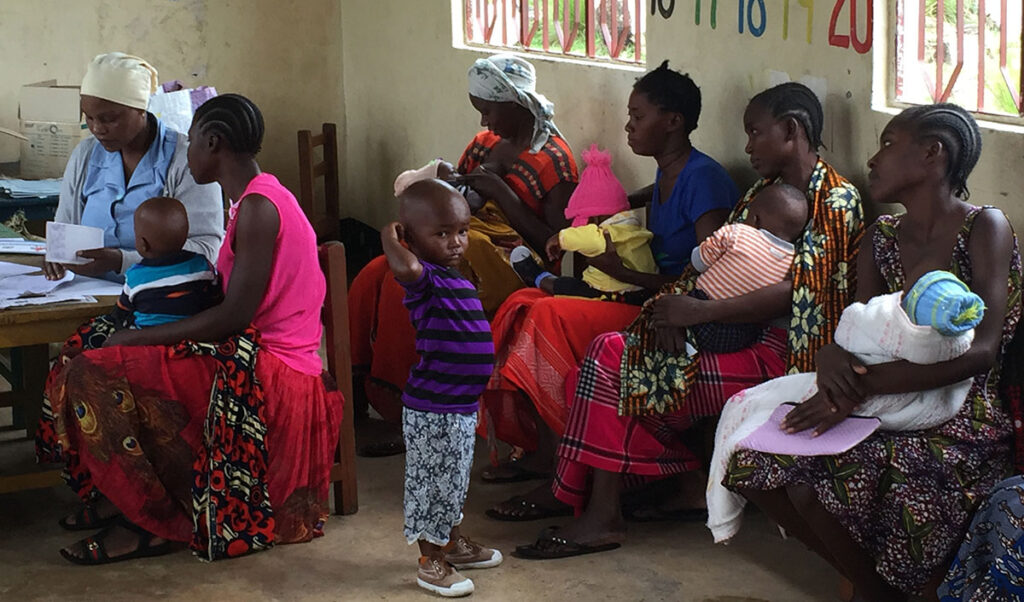Responsive care and Stimulation
Background Information
Context and culture mould child care practices in any given community, basic care environment which is the family/ household where children are born and cared for can influence child development positively or negatively depending on the supportive care the child is able to access to grow and thrive. Fishing communities care environment is affected by the fishing culture and context where searching for money preludes that of human development especially child development.
Objectives
- To improve the quality of 11 Community Based ECD Centres for children aged 3 to 4 years through on-job training and mentoring of the ECD Centre Facilitators
- To improve parent’s knowledge and skills on Care for Child Development, Play Based ECD centres and their contribution to child development in the 11 participating communities.
- To increase Community engagement and participation in responsive care giving and play based learning in ECD centres in the 11 participating communities.
Goals To strengthen parents’ and community leaders’ understanding of responsive care giving and Early Stimulation in families and at the ECD centre for young children 0-4 years.

Achievements
- 22 out of 24 Caregivers are using learning centres/ corners which have adequate play and learning materials to facilitate learning sessions to children in the 11 ECD centres.
- 72% of 772 Children in 11 ECD centres have improved their (expressive and receptive language, small and large motor skills, are able to play in groups and share play materials, they can count 1-10, classify items, match items and name things around them).
- 65% of 820 parents and caregivers are engaging children in play and communication at households/ families’ levels.
- 57 % of Mtaa/Street Development Committees discuss child development agenda in their meetings and taking the agenda to the constitutional quarterly community meetings for wider sharing and creating by laws to safeguard children
Challenges/ Constraints
- When we work with communities and parents, we often find that they have their own understanding of what ECD/ECE is. We do not blame them. But most of the time when they talk about ECE, they think “ABC”, “books” and “notebooks”. If a programme does not support the 3Rs, then they think that their children are not learning and do not support the ECD centre and the paraprofessionals.
- Child protection in fishing communities is a major challenge as many parents are involved in income searching for the most of the day.
- Limited play space for children due to the high congestion of the fishing communities.
Lessons Learnt/ Best practices
- In the course of implementing the 2019 program we have learnt the importance of engaging community systems; this is the systems thinking approach.
- Parents of the children in the ECD centres are one of the key enablers to create and sustain change in communities (We involved parents in development of play and learning materials through the Parents Partnership Program), as a result, the program has improved the quality of community based ECD centres by having adequate age-appropriate materials.
